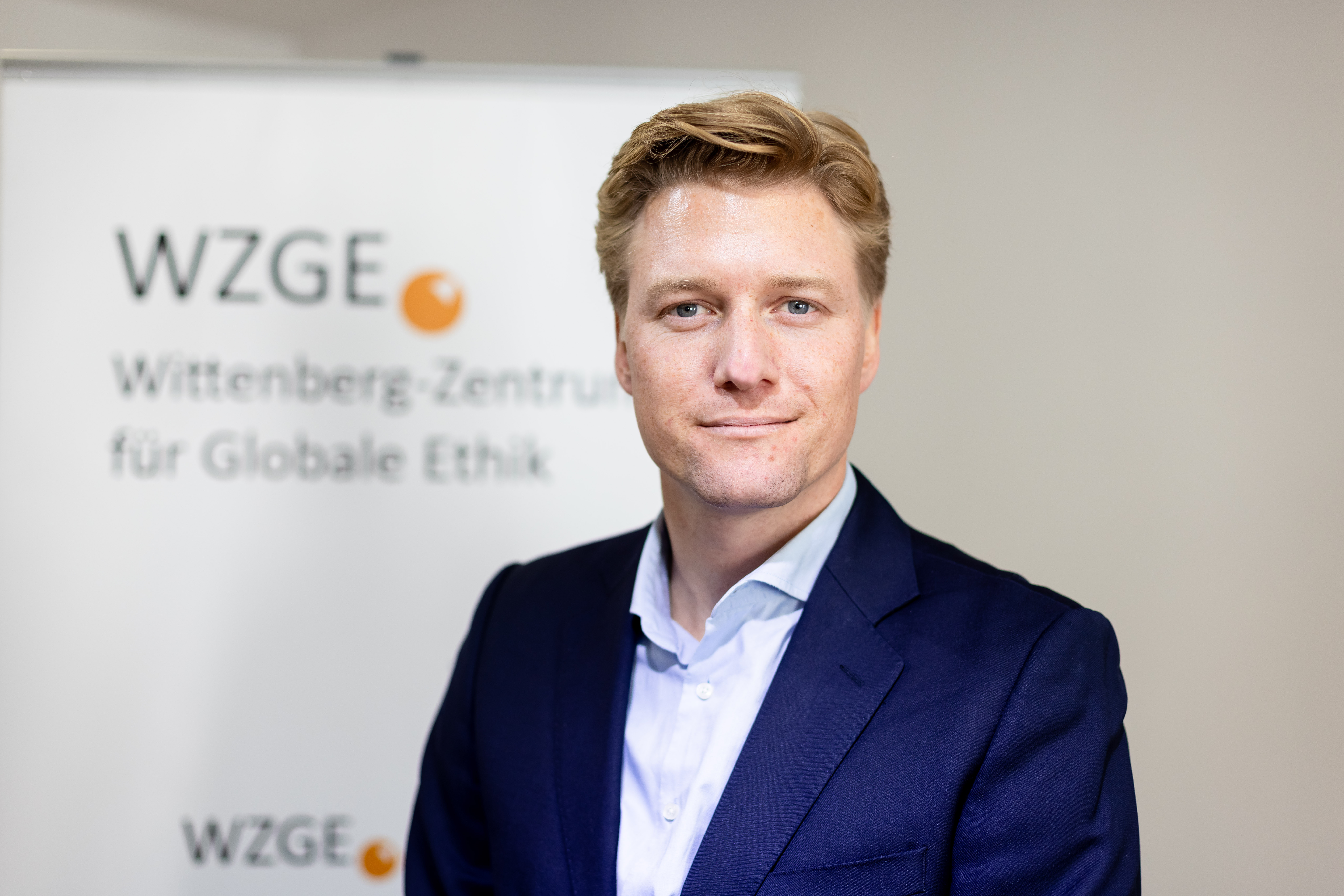
Title of Dissertation: An infinite understanding of the game as prerequisite to self-limitation in apparel consumption
Supervisor: Prof. Dr. Andreas Suchanek
University: HHL Graduate School of Management
Scholarship: Karl Schlecht Stiftung
Cohort: 9th Cohort, since 2022
Email:
[accordion activeIndex=""]
[item title="Short Abstract"]
This PhD project intends to scientifically contribute to the overarching question on how to foster sustainability by incentivizing self-limitation. The project understands self-limitation as investment in the sense of restraining from action (To not do something). Restraint though may lead to opportunity costs of e.g., not foregoing a venture. The return, on the other hand, – sustainability – not just only pays off in the long term; it is also a common good, incentivizing other actors to free rider behavior. (Suchanek 2022)
Within this context, the project intends to shift its focus of analysis on self-limitation in consumption. Against the background of the severe negative ecological and social effects of (over-)consumption, self-limitation is being understood as normative moral claim. The evaluation of this claim shall be conducted in the light of the prevailing empirical conditions though, that substantially influence consumer behavior. Thereby, the project draws upon the manifold insights on the Value-Action-Gap in consumption and the role that temporal asymmetry and geographic distance play in its nurturing. This evaluation helps to draw conclusions on the practicability of the above-mentioned moral claim and circumvent potentially misguiding moralism.
Following the theoretical conception of Ethical Focal Points (Suchanek, Entschew 2018), the project further bases its analysis on the role of individuals’ understanding of value for the acceptance and thus the pursuit of self-limitation. This points to the fact that actions are substantially influenced by values – and implicitly by the individual’s understanding about them.
To strengthen this understanding, the project elaborates on the relevance of consumer education. It shows how the Value-Action-Gap can be reduced by consumer education, making use of implications by the Goal Framing (Lindenberg, Steg 2007) as well as Value-Belief-Norm (i.a. Stern 2000) theories. From this, the project derives and elaborates upon the role of corporates as educating entities due to their function as immediate consumer touchpoint.
Given that the effectiveness of education highly depends on trust in the educating entity, the project intends to schematically conceptualize the relationship between self-limitation, education and trust. This conceptualization is presumed to foster the understanding for the role that trust plays in supporting self-limitation and sets the foundation for this project’s core analysis on how a corporate paradigm change from a finite towards an infinite understanding of the game works trust-enhancing. Thereby, the project intends to draw upon the philosophical insights on finite and infinite game theory by Carse (1986).
To embed this project’s conceptual elaborations within a practical context, this dissertation will draw upon the example of apparel consumption. The apparel industry is viewed as fitting example, as business models vastly rely on over-consumption with devastating effects on the global ecology as well as society. Consumers heavily underlie the Value-Action-Gap when it comes to textile purchases. Despite ample knowledge on these effects, apparel consumption continues to display massive growth figures. At the same time, infinite minded business models in the sector prove successful in generating moderate, sustainable growth while stimulating mindful consumption among its customers.
Based on this summarizing introduction, this PhD-project aspires to provide a comprehensive set of answers to the following research question: How can an infinite understanding of the game contribute to trustworthy consumer education that incentivizes self-limitation in apparel consumption?
[/item]
[item title="Research Interests"]
- Self-limitation & Sustainability
- Infinite vs. finite game theory
- Consumer behaviour
[/item]
[item title="Education"]
- 2016, MSc International Management, CEMS
- 2016, MSc Finance, NOVA School of Business and Economics
- 2014, BSc Business Administration and Economics, Universität Passau
[/item]
[item title="Professional and Academic Career"]
- 2017-2022, Manager Management Consulting, EY-Parthenon, Munich, Germany
[/item]
[item title="Publications"]
- N/A
[/item]
[item title="Conference Contributions: Talks"]
- N/A
[/item]
[item title="Conference Contributions: Posters"]
- N/A
[/item]
[item title="Memberships"]
- N/A
[/item]
[/accordion]

